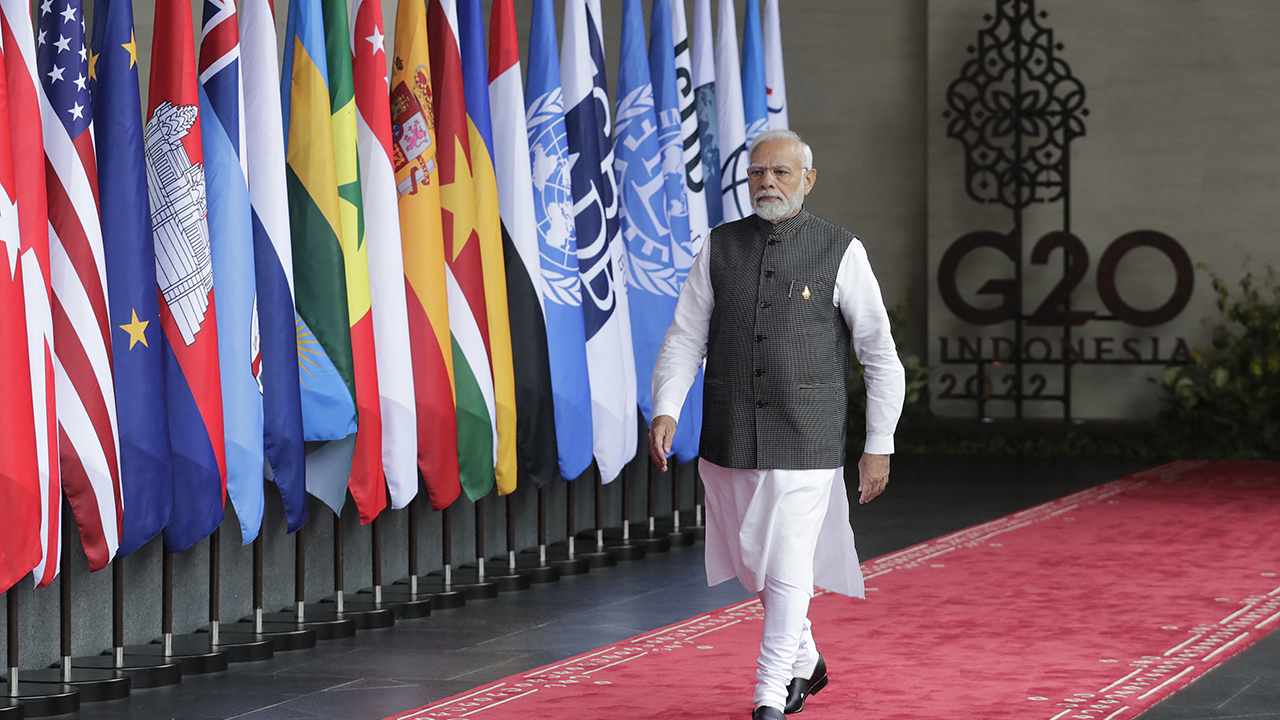
Illegal migration to EU rises for routes both well-worn and less-traveled
In 2015, more than 1.8 million people crossed the European Union’s borders illegally, up from 280,000 detections of illegal border crossings in 2014.
In 2015, more than 1.8 million people crossed the European Union’s borders illegally, up from 280,000 detections of illegal border crossings in 2014.
Americans have good reason to worry about competition from China, the country with which the U.S. has its largest merchandise trade deficit. But competition from high-value exporters such as Germany also poses a challenge that, so far, has been largely ignored on the campaign trail.
A majority (56%) of Canadians say climate change is harming people now, while only 41% of Americans agree.
Public optimism among Israeli Arabs and Jews that a two-state solution is possible may be receding in Israel.
Key takeaways from Pew Research Center's comprehensive study of religion in Israel, where there are major divisions not only between Jews and Arabs, but also within the major subgroups of Israeli Jews.
The number of UN peacekeeping forces around the world has peaked in recent months after falling off in the late 1990s, following a period of trial and error for UN interventions.
As the world becomes increasingly interconnected, both economically and socially, technology adoption remains one of the defining factors in human progress. To that end, there has been a noticeable rise over the past two years in the percentage of people in the emerging and developing nations surveyed by Pew Research Center who say that they use the internet and own a smartphone.
The view that torture may be justified is most common in sub-Saharan Africa, where a median of 55% hold this view; it is least common in Latin America (a median of 25%). In the U.S., 58% say torture can be justified as part of efforts to prevent terrorist attacks.
The test of whether to grant Beijing market-economy status may be an interesting clue as to the future of transatlantic relations.
Asia is once again on the minds of the leading U.S. presidential candidates and the American public. Americans' negative views of China are as strong as they have ever been.
Across 12 countries, a median of 40% of adults say they have no confidence in Indian Prime Minister Narendra Modi to do the right thing regarding world affairs. About eight-in-ten Indians have a favorable view of Modi.
Majorities in most countries say China does not take into account the interests of other countries in its foreign policy, and China does not contribute to global peace and stability.
Across 24 countries, large shares have an unfavorable view of Russia and no confidence in Putin to do the right thing regarding world affairs.
Overwhelmingly, people believe the U.S. interferes in the affairs of other countries, but most also believe the U.S. contributes to peace and stability around the world. U.S. President Joe Biden receives mostly positive reviews.










